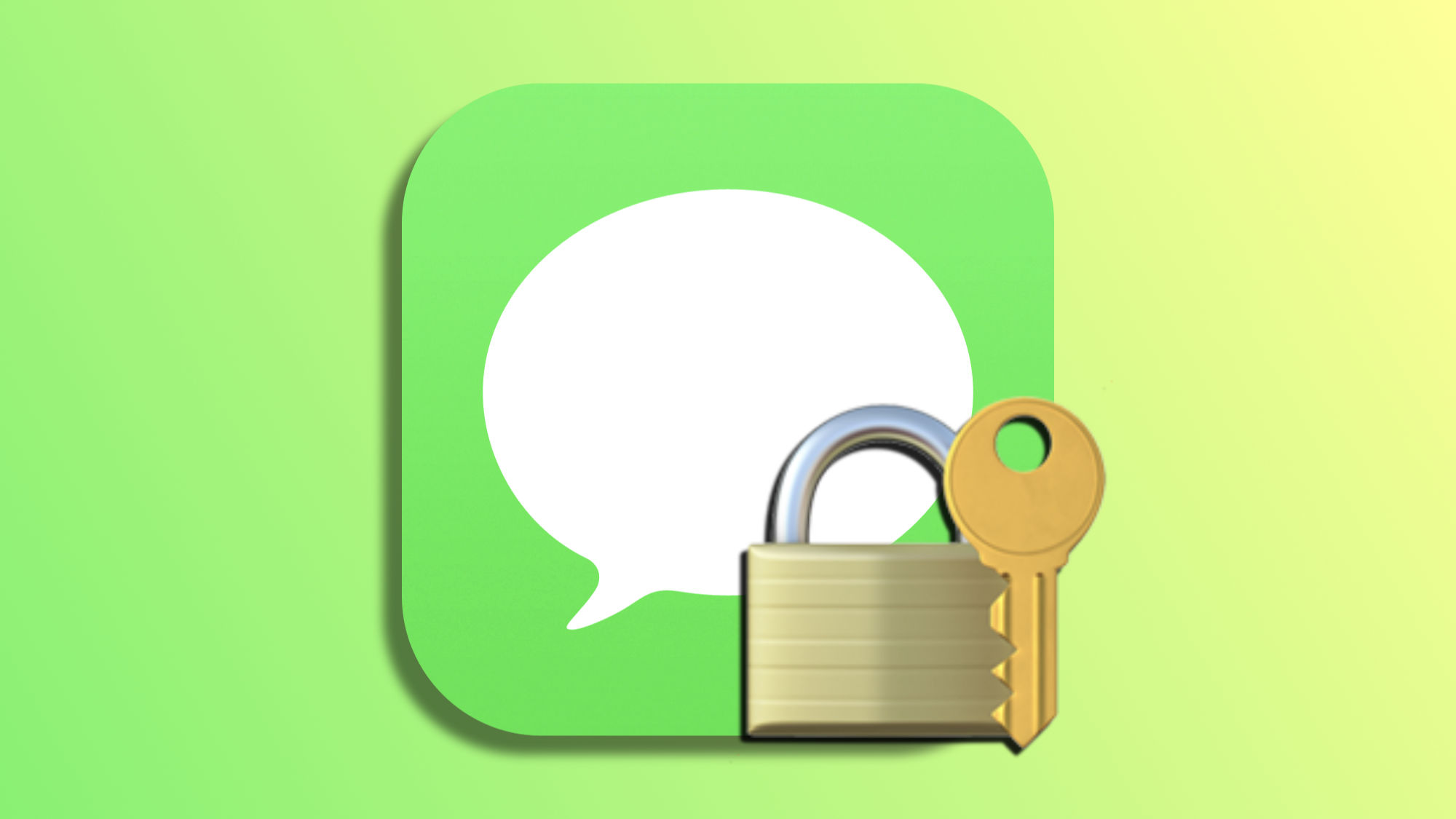Apple announced today the launch of a new post-quantum cryptographic protocol for iMessage, called PQ3. This change marks a milestone in the history of cryptographic security for communications, offering us cutting-edge protection against highly sophisticated quantum attacks.
According to Apple, the PQ3 protocol not only represents an advancement in end-to-end secure messaging but also establishes a new security standard, surpassing the protections offered by any other commercial messaging application.
Encryption That Ensures Today's Data Cannot Be Deciphered Even 20 Years From Now
Let's put this into context. The end-to-end encryption that iMessage currently uses is the same standard utilized in military settings. Its implementation ensures that no computer or supercomputer in the world can decrypt what is encrypted with it. This means that our conversations are more than secure today.
However, advancements in quantum computing are constant and quite rapid. These computers will have the potential to attempt to decrypt security protocols that are currently considered unbreakable. And this is where Apple focuses its attention.
What would happen if a supposed attacker—one with enormous economic and technical resources, it should be noted—captured encrypted data today and stored it, waiting to decrypt it in a few years, when quantum computers are more advanced? This is what the new PQ3 protocol solves.
The implementation of PQ3 in iMessage is a direct response to the potential threat that quantum computers pose to current cryptography. Although machines capable of breaking the current encryption do not yet exist, the theoretical ability of quantum computers to solve mathematical problems, which are the basis of many current cryptographic protocols, could jeopardize the security of encrypted communications today.
Apple describes an attack scenario known as "Harvest now, decrypt later" in reference to data storage awaiting the evolution of decryption technology—even several years in the future. In response to this, the PQ3 protocol has been designed with the goal of protecting our data against these quantum attacks, ensuring that both the initial key establishment and the message exchange are fully covered.
Apple claims that the new PQ3 achieves what they call "Level 3" security, a standard that, according to the company, has not been reached by any other commercial messaging protocol to date.
The implementation of PQ3 will begin with the software update iOS 17.4, iPadOS 17.4, macOS 14.4, and watchOS 10.4 in March, and it is already available in the latest beta versions of these updates. Apple plans to completely replace iMessage's existing cryptographic protocol with the newly introduced PQ3 in all compatible conversations later this year.
Apple's move undoubtedly underscores the importance of anticipating future threats in the realm of cybersecurity. With the introduction and launch of PQ3, Apple sets a new standard for our communications, which are secure today, to remain secure when quantum computers become the norm.
On Hanaringo | How to choose which app Siri uses to send a message

